GREECE 2022
SURVEY GREECE
RENEWABLE ENERGY SOURCES AND ECOLOGY
On the 19th of October 2022 in Platamonas, Greece, a survey about the renewable energy sources and ecology was conducted. It was ment to analyse the opinions of citizens in these subjects. The questions related to social, political and economic matters.
14 people of different age took part in the research.
These were the questions:
1. Do you think that awareness about ecology and environment protection in Greece is increasing?
2. Do you think that renewable energy sources have a large involvement in energy management in Greece?
3. Do you think that Greece is fully using the potential of renewable energy?
4. Do you think that the Greek government takes enough actions in order to increase the environmental awareness?
5. Do you think that using the renewable energy sources in Greece is beneficial for an average citizen?
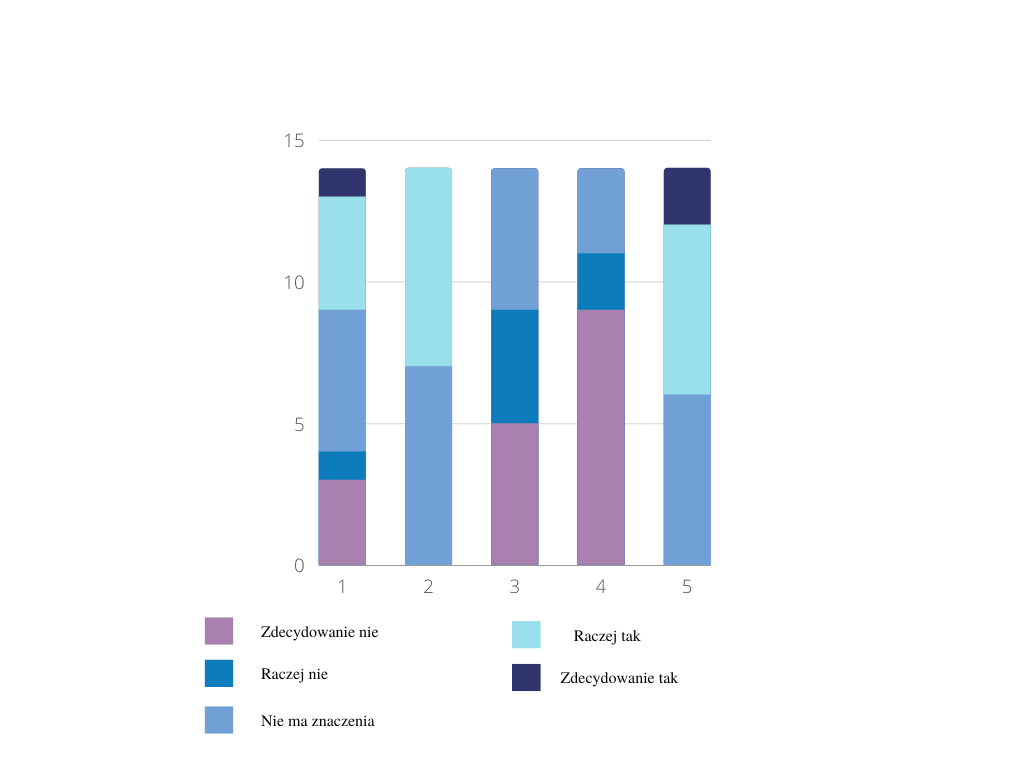
The respondents answered the first question about the awareness of the Greek society in terms of ecology differently, but with a slight majority of votes proving its growth. The young part of the Greek society, thanks to various European Union programs and greater access to reliable information, shows great interest in this topic. However, this increase is not large enough to clearly state significant progress on this matter.
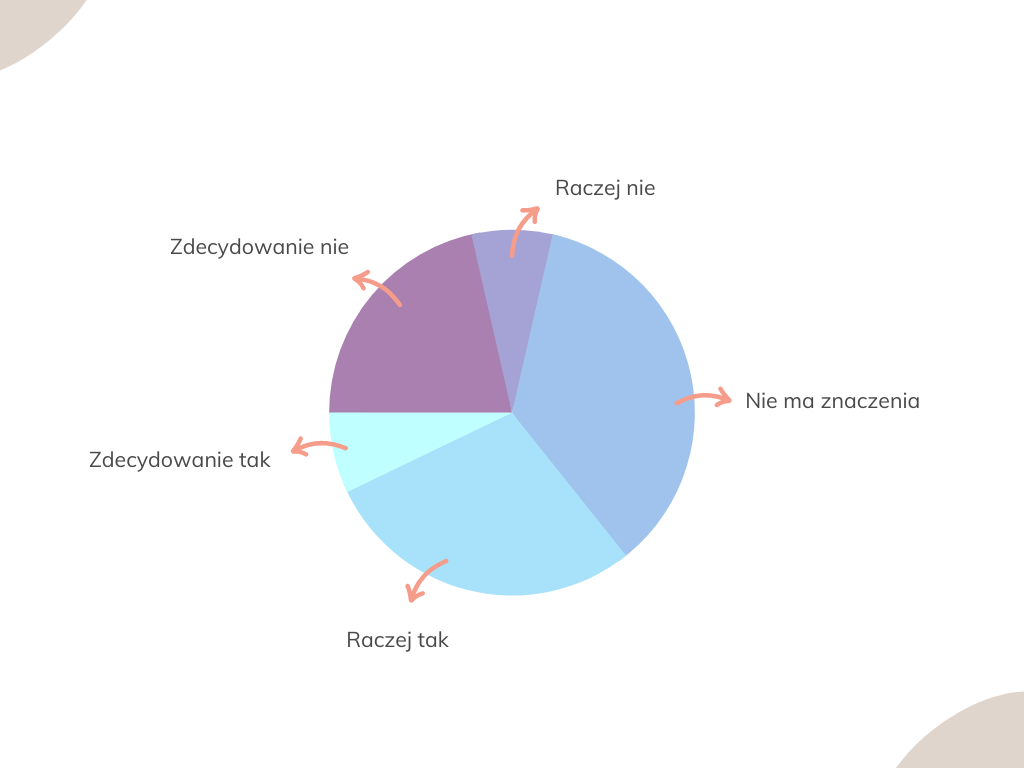
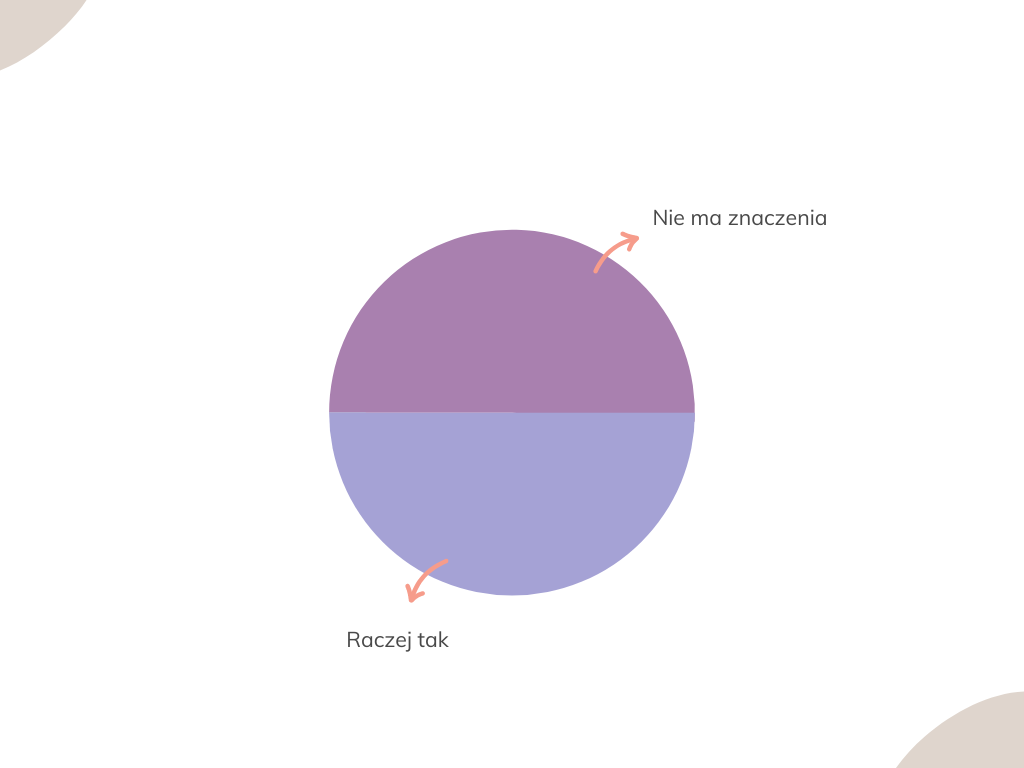
The answers to the second question were interesting. Although earlier respondents were not sure about the increase of awareness of ecology among the Greeks, they largely agree with the statement that renewable energy has an impact on the Greek economy. Every visitor is able to observe it by looking at the roofs of many buildings or by-passing farmland. Due to the large number of sunny days, photovoltaics is very popular here, providing access to cheap and clean electricity.
Although some of the respondents hesitated, negative answers prevailed in the case of the third question. The people of Greece believe that the potential of renewable energy sources is not fully used in their country. Renewable energy (e.g., solar energy, wind energy), the many advantages of which are not difficult to see, could have a greater share in the energy economy of Greece, which has the right natural conditions for this.
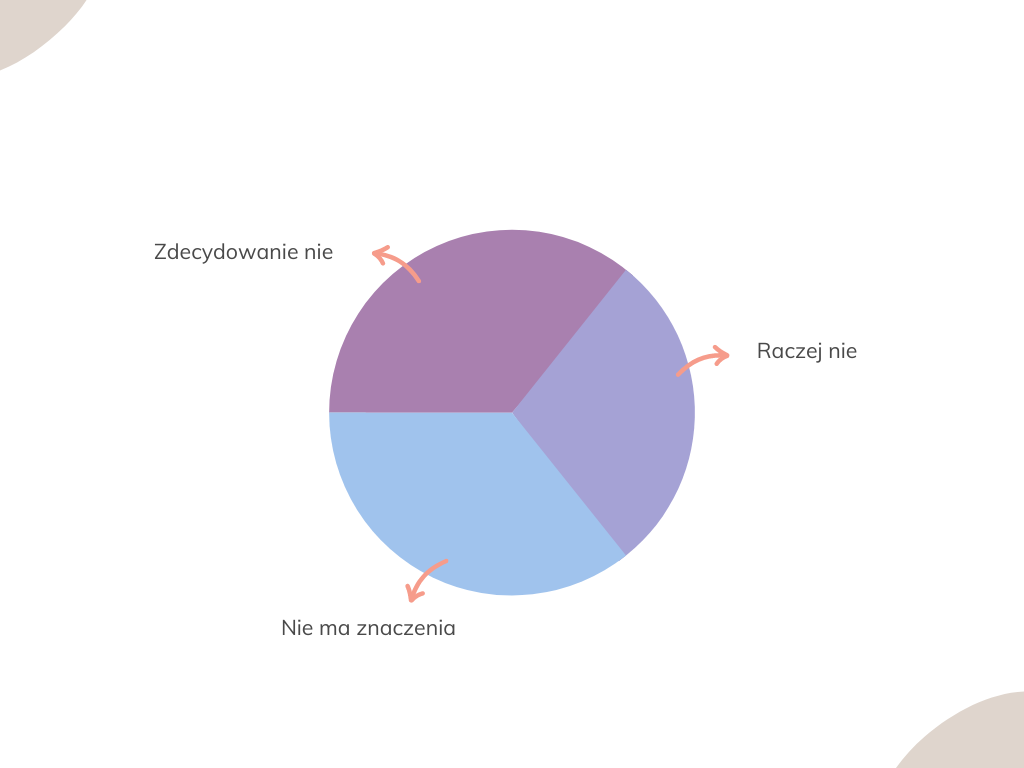
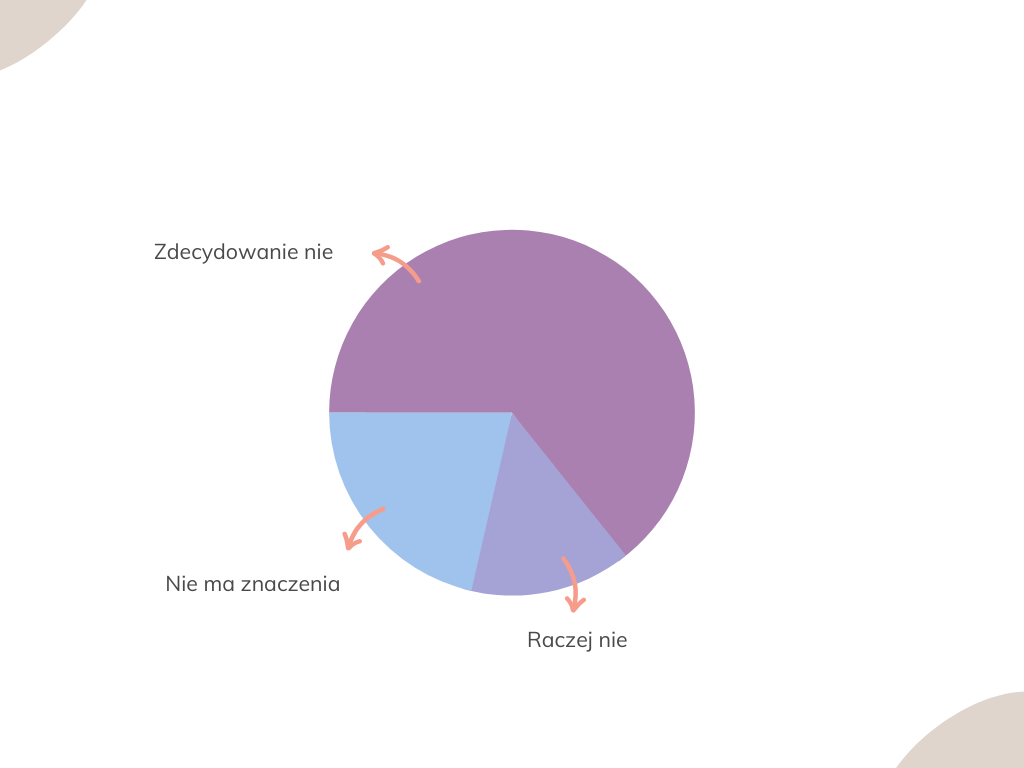
The answers to the fourth question were very unclear. The conclusion is sad. The citizens of Greece do not see any actions by the government in making the public aware of the importance of ecology.
In the case of the fifth question, most of the respondents answered positively, but some were not convinced. This may be due to the fact that environmental awareness is still not widespread in Greece, as is renewable energy. Residents cannot fully trust them; therefore, they do not always consider them to be the best solution. However, the respondents are aware of their value, therefore, with the active help of the government, green energy in Greece could significantly gain in value.
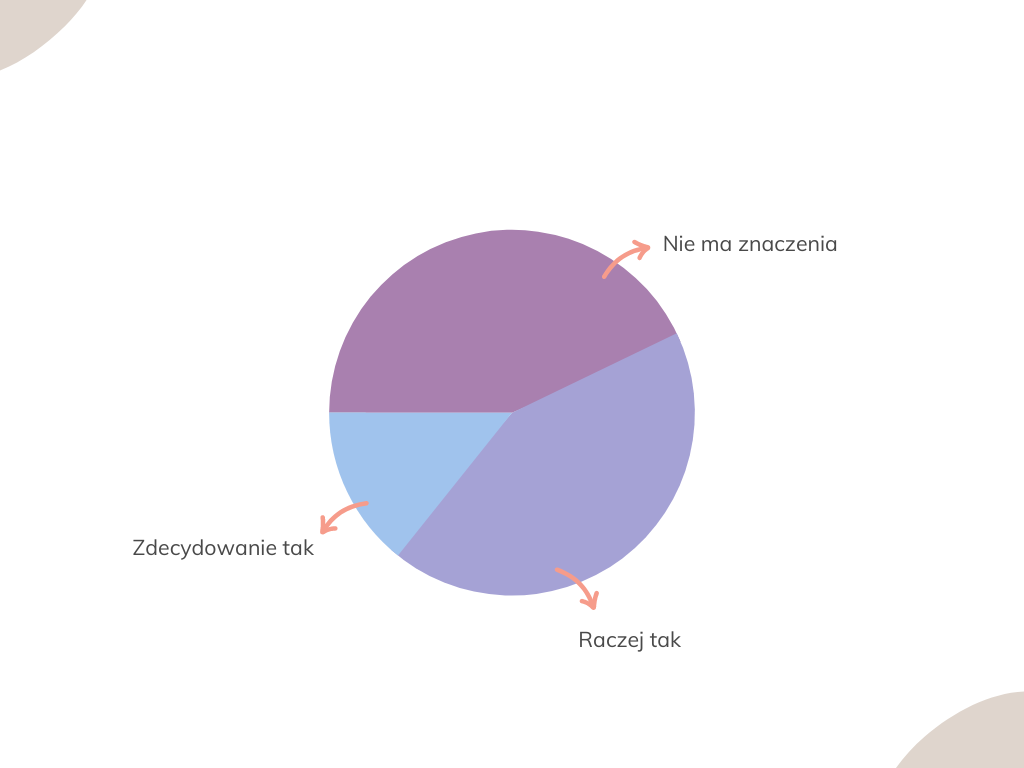
CONCLUSION
When presenting the results of the survey, the following issues should be emphasized:
- There are some differences between the opinions of respondents depending on their age
- Young people are particularly aware and show willingness to take actions to protect nature and use renewable energy sources
- Older people are used to traditional (non-renewable) methods and sources of electricity. They do not pay much attention to matters related to ecology and environmental protection
